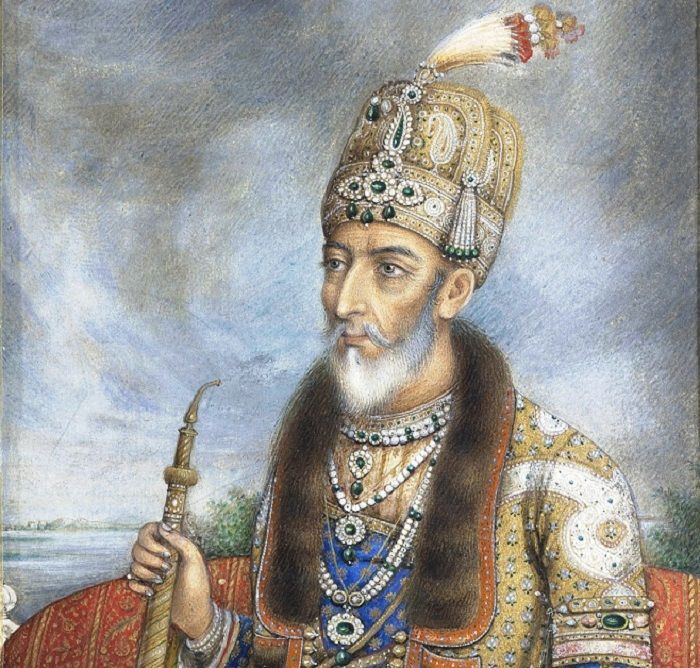The Mughal Empire, one of the most powerful empires in Indian history, witnessed many changes under the rule of Emperor Aurangzeb. While some portray him as a pious and devout ruler, historical evidence from his own court records presents a very different and darker side of his reign, marked by religious intolerance, cruelty, and a hunger for power.
During the Mughal period, emperors maintained official records of their reigns through detailed books called Namahs. This tradition began with Emperor Akbar, who ordered the writing of Akbarnamah in 1580. It was continued by his successors, including Shah Jahan, whose rule was recorded in the Padishahnama. Aurangzeb’s reign from 1658 to 1707 is detailed in a Persian book titled Maasir-i-Alamgiri, written by Saqi Mustad Khan. This book gives us insight into the events of Aurangzeb’s time, and its English translation by historian Jadunath Sarkar reveals many shocking details.
One of the earliest and most disturbing episodes of Aurangzeb’s reign was the capture and killing of his own brother, Dara Shikoh. Dara was Shah Jahan’s declared successor and known for his inclusive outlook on religion. However, Aurangzeb saw him as a threat. According to the official records, Dara and his son were captured in June 1659 and brought to Aurangzeb’s court. Just two months later, on August 30, Dara was quietly executed, and his body was buried at Humayun’s Tomb. His only “crime” was being a rival to Aurangzeb’s throne—and perhaps, being too liberal and open-minded for Aurangzeb’s liking.
Aurangzeb’s supporters often try to paint him as an ascetic ruler who lived a simple life, earning money by stitching caps or writing copies of the Quran. But Maasir-i-Alamgiri says otherwise. On his 42nd lunar birthday, Aurangzeb was weighed in gold, and this gold was then distributed to the poor. Where did all this gold come from? It certainly wasn’t earned by stitching caps. This act of lavish celebration directly contradicts the image of a humble, saintly ruler and exposes the hypocrisy in the stories spread by his apologists.
One of the most unforgivable aspects of Aurangzeb’s rule was his targeted campaign against Hindu religious institutions. In Chapter XII of Maasir-i-Alamgiri, it is clearly recorded that in 1669, Aurangzeb ordered the demolition of the famous Kashi Vishwanath Temple in Varanasi. He claimed that Hindu Brahmins were misleading people by teaching their scriptures and that even Muslims were attending these lessons. His response? An imperial order to demolish temples and suppress religious practices that didn’t align with his beliefs.
This wasn’t an isolated act. The emperor’s orders extended across provinces, targeting temples and religious schools in Thatta, Multan, and especially Benares (now Varanasi). These acts were not just religious but deeply political—an attempt to control and dominate by erasing identities.
Aurangzeb’s reign, when viewed through these official documents, was not a period of spiritual devotion or moral governance. Instead, it was a calculated and often brutal consolidation of power. He eliminated rivals—even family members, silenced differing ideologies, and used religion as a tool for control.
His supporters may continue to promote stories of his supposed simplicity and piety, but the facts recorded in his own court’s documents tell a much harsher truth: Aurangzeb was a ruler who ruled with an iron fist, stifled diversity, and left behind a legacy of division and destruction.
As we look back at history, it is essential not to blindly follow glorified tales. Instead, we must read between the lines, examine the records, and understand the real impact of rulers like Aurangzeb, who may have conquered lands, but did so at the cost of hearts, lives, and harmony.

















Comments